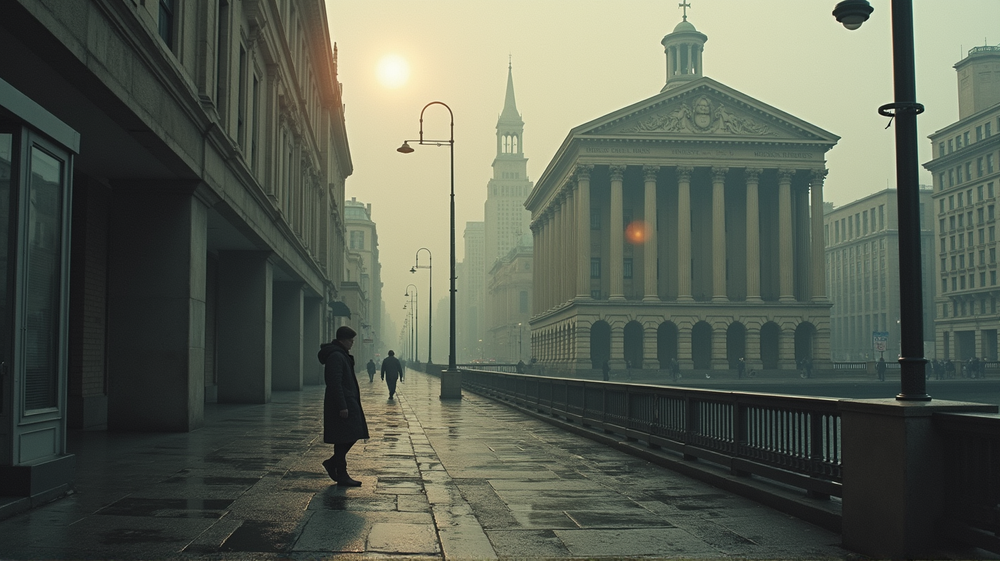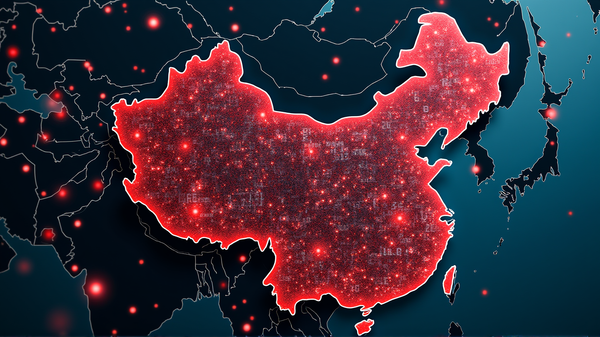The Silent Echo: Clarksdale's Bold Move Against Press Freedom
In a shocking and unprecedented move, the small town of Clarksdale found itself at the center of a massive national debate. The town’s decision to silence its local newspaper raised critical questions about the delicate balance between governance and freedom of the press. What happens when a city decides to mute its most powerful voice?
An Inside Look at the Clarksdale Censorship Case
The story began on a quiet Tuesday morning, when the Clarksdale Gazette did not hit the stands. Residents were left in the dark, unaware that their daily source of information had been abruptly silenced. According to Editor and Publisher, this drastic action stemmed from tensions between city officials and the newspaper’s relentless pursuit of investigative journalism. The Gazette had been delving into sensitive topics that some argued painted the city in a less-than-flattering light.
Chilling Effects on Local Journalism
The impact of this censorship extended far beyond the confines of Clarksdale. Journalists nationwide watched with bated breath, recognizing the chilling precedent being set. Could this signal a new era where municipalities wielded newfound power to silence dissenting voices? Many feared the case could empower other cities to follow suit, leading to a ripple effect across the industry.
Voices Silenced, Stories Untold
For the reporters at the Clarksdale Gazette, the silencing was not just professional but personal. The newspaper had been a family—a place where passionate storytellers gathered to bring the truth to light. “It’s like losing a part of our community,” said one reporter, their voice tinged with both sadness and resilience. Many of the paper’s stories went untold, leaving gaps in the town’s historical tapestry.
Public Outcry and Legal Battles
The decision sparked widespread public outcry. Citizens and advocacy groups alike rallied behind the newspaper, launching petitions and organizing protests. Legal experts also weighed in, debating the constitutional implications of the city’s actions. The unfolding legal battle promised to shape the interpretation of press freedom rights in unprecedented ways.
A Turning Point for Freedom of the Press
As the days turned into weeks, Clarksdale became a symbol—a rallying point for those championing the freedom of the press. The case not only stirred debate but ignited a broader discourse about the role of journalism in a functioning democracy. How much power should local governments have in influencing media narratives? This question, now more urgent than ever, continues to resonate not only in Clarksdale, but across the entire nation.
The Clarksdale censorship case serves as a poignant reminder of the vital importance of safeguarding journalistic independence. In an age where information is power, who controls the narrative can have far-reaching repercussions. As stated in Editor and Publisher, the unfolding events in Clarksdale have the potential to become a defining moment for press freedom in America.
Whether this small town’s actions will inspire change or usher in a new era of oversight remains to be seen. One thing is certain: the echoes of Clarksdale’s bold move will be heard for a long time to come.




